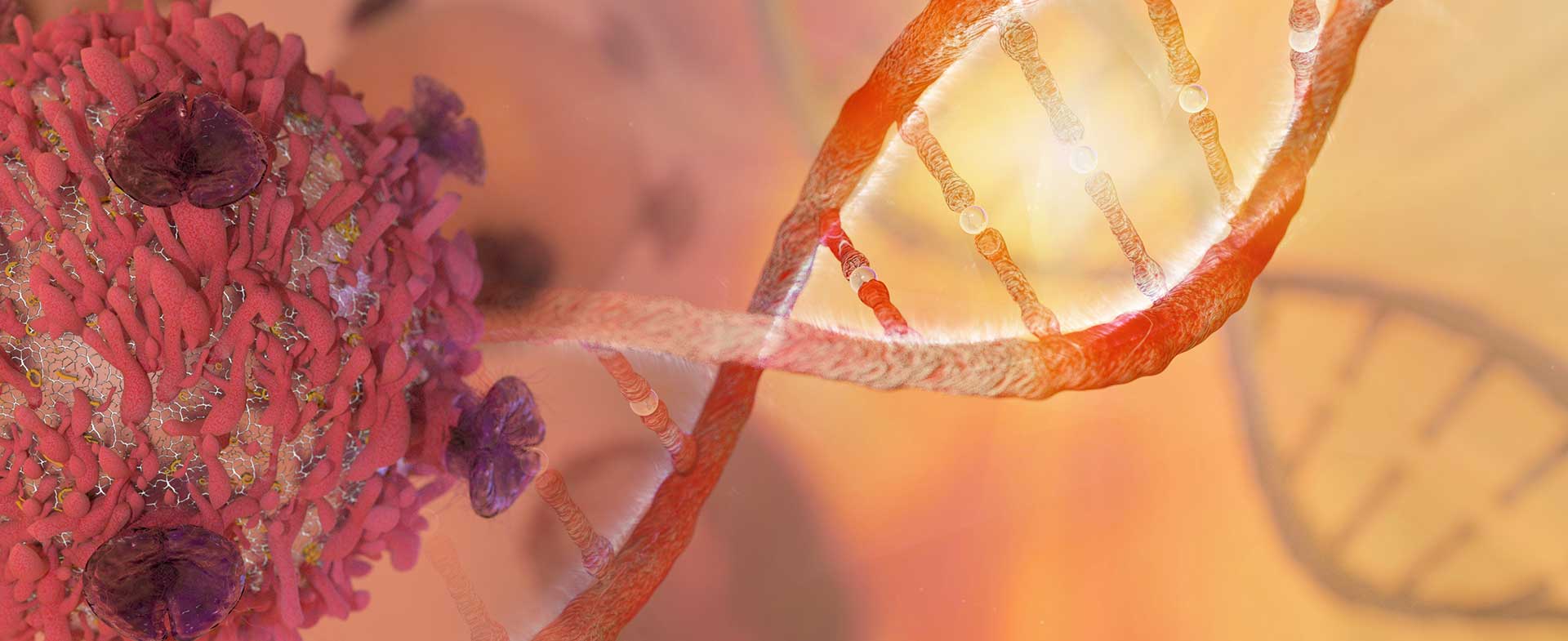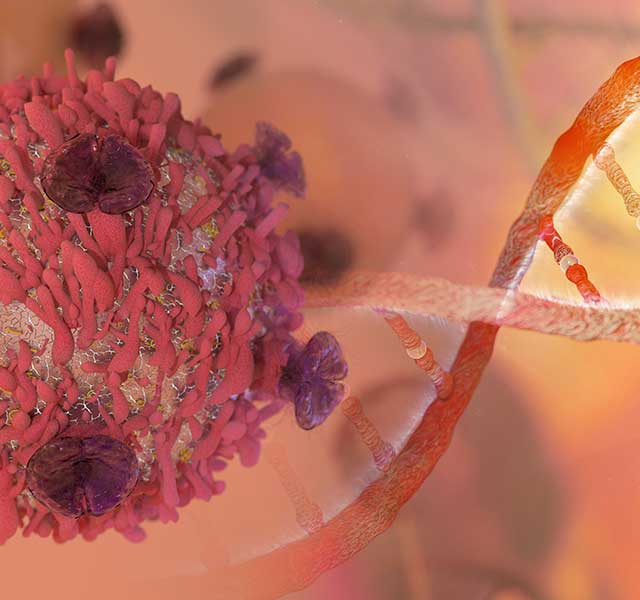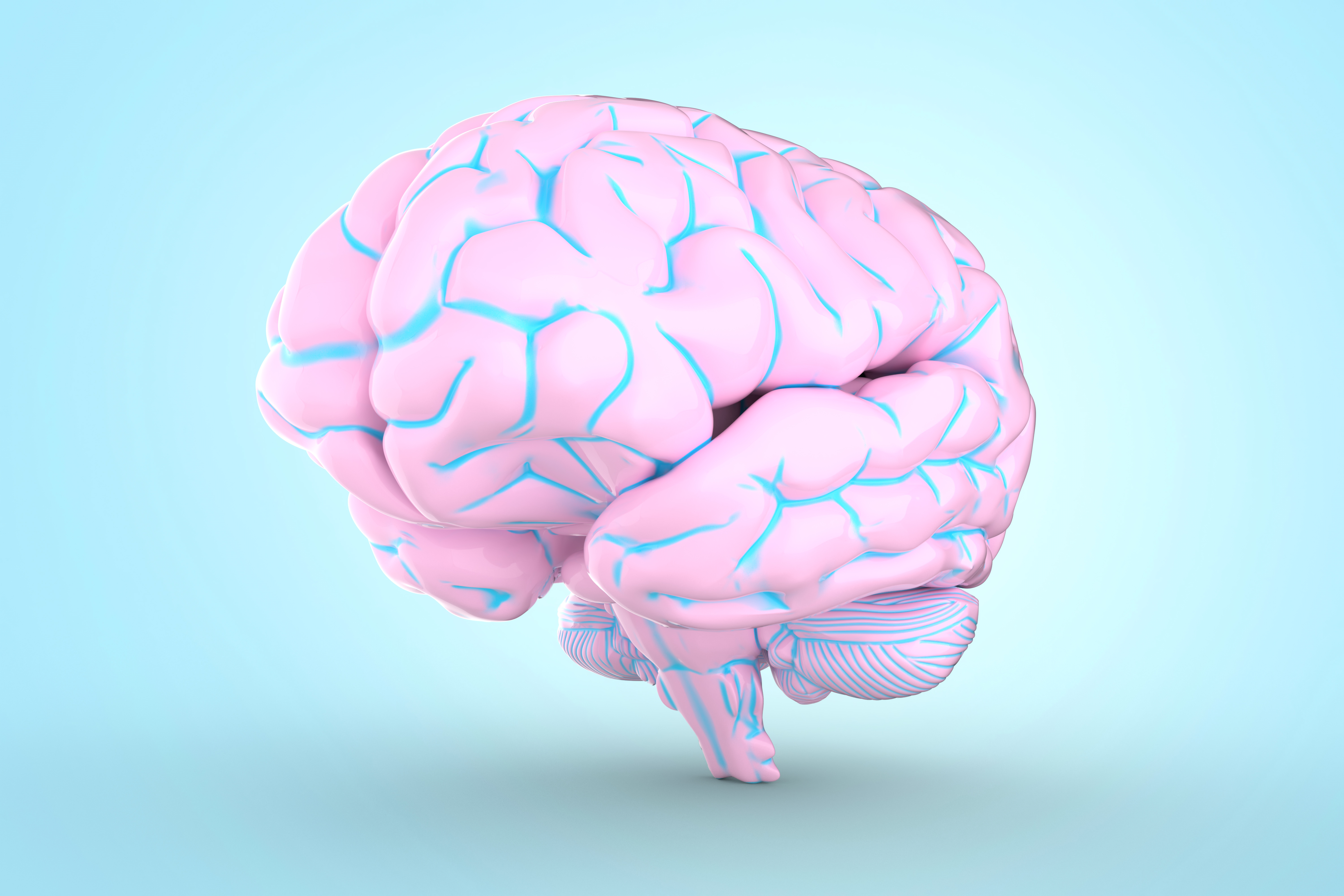Artificial intelligence (AI) is making waves in cancer research. While it’s not being used to replace doctors, it is being used to develop applications to detect and classify cancers, biologically characterize tumors and predict treatment outcomes in cancer patients.
It’s doing this in part by aggregating information on a large scale to push research forward in a more streamlined way.
“Any given patient has more lab results, medical images and medical notes—as well as other healthcare data—than at any other time in history,” says Kundan Thind, Ph.D., a specialist in radiation oncology at Henry Ford Health. “With AI, you have the power to go through millions of medical images and clinical notes instantly. AI is able to compute at a scale that we have not previously conceived.
“However, while AI is good at information gathering and recognizing patterns and relationships in existing data, it lacks the judgement to make a decision on diagnosis and treatment. Ultimately, this decision needs to be guided by a doctor’s judgement. There are many ways AI can be biased, and it’s best to think of it as a decision support tool to enhance patient care.”
Here, Dr. Thind shares three ways AI is aiding cancer research.
1. AI is helping to improve equitable care, which is when everyone—regardless of economic background, race, etc.—can achieve optimal health. With large-scale information gathering, AI can help predict who may need additional or preemptive medical assistance.

Cancer Care At Henry Ford
For example, a patient’s zip code is closely related to their social determinants of health, which includes factors like economic stability, education access and quality, healthcare access and quality, neighborhood environment, social and community support. And social determinants of health are linked to health outcomes.
“Knowing someone’s zip code, we can use government census data to extract real-world information on their social determinants of health,” says Dr. Thind. “You can supplement that information with questions about self-security, economic stability and wellbeing. AI can use all of this information at scale to see how these patients can be better served.
“While we have operations in place that take care of disadvantaged patients, being able to do this systematically would be revolutionary in improving health outcomes. It could help us decide whether we should go into certain areas and give people cancer screenings, as they may not have the transportation or knowledge to get the screenings they need. And the earlier cancer is detected, the better.”
2. AI is helping to determine why cancer recurs in different people. After cancer treatment, follow-up appointments document patient outcomes for years. But if you weren’t part of a clinical trial, the documentation from these follow-up appointments is locked up in images and clinical notes—which historically has made it difficult to review a large amount of patient data.
“But if you train AI appropriately, you could have it scan through the entire stack of notes and images to identify patterns,” says Dr. Thind. “You could look for patients who had prostate cancer, for example. You could see who had which side effects, who had recurrences, and whether these people had any other similarities. AI can point you in the right direction to understand reasons for recurrence and side effects—and potentially help inform new clinical trials and clinical processes.”
3. AI is predicting how someone might fare in a clinical trial. AI can perform something called an in silico trial, which is basically a virtual clinical trial. It can take into account a patient’s lifestyle, individual physiology and co-morbidities to model how a patient would do with a particular treatment.
“Let’s say you have a new drug and you’re trying to see what benefits or adverse reactions it may cause,” says Dr. Thind. “Modeling outcomes in a computation system with a large group of diverse patients is quite helpful before launching it into the implementation and clinical phase.”
AI can also use information gathering to search for all patients who didn’t qualify for a particular clinical trial because of one missed criterion. You could then use an in silico clinical trial to combine this information and model how each inclusion and exclusion criteria would influence patient outcomes, which allows for clinical trial testing on a much larger group of patients than a traditional clinical trial. Basically: you can see what patient outcomes would be if they were to participate in that clinical trial.
“It becomes a prediction exercise—and it can be a very powerful tool,” says Dr. Thind. “In fact, as all of these AI advances are tested and validated through clinical trials, it is quite possible that cancer care will be facilitated by AI in the future.”
Reviewed by Kundan Thind, Ph.D., a specialist in radiation oncology at Henry Ford Health.



